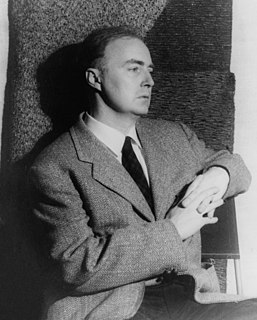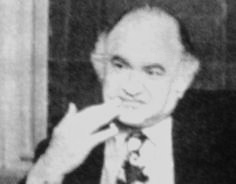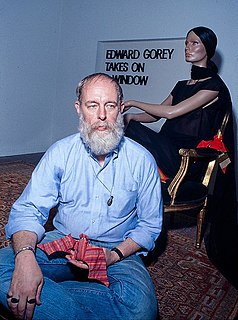A Quote by George Eliot
My books don't seem to belong to me after I have once written them; and I find myself delivering opinions about them as if I had nothing to do with them.
Related Quotes
It had been startling and disappointing to me to find out that story books had been written by people, that books were not natural wonders, coming up of themselves like grass. Yet regardless of where they come from, I cannot remember a time when I was not in love with them - with the books themselves, cover and binding and the paper they were printed on, with their smell and their weight and with their possession in my arms, captured and carried off to myself. Still illiterate, I was ready for them, committed to all the reading I could give them.
In the ordinary jumble of my literary drawer, I sometimes find texts I wrote ten, fifteen, or even more years ago. And many of them seem to me written by a stranger: I simply do not recognize myself in them. There was a person who wrote them, and it was I. I experienced them, but it was in another life, from which I just woke up, as if from someone else's dream.
I remember, when I was a child and wrote poems in little clasped books, I used to kiss the books and put them away tenderly because I had been happy near them, and take them out by turns when I was going from home, to cheer them by the change of air and the pleasure of the new place. This, not for the sake of the verses written in them, and not for the sake of writing more verses in them, but from pure gratitude.
To be honest, I didn't want to get inside Jones's head. Every time I wrote about Jim Jones I practically had to tie myself to my chair to force myself to do it; I hated him so much. He wanted to go down in history and he did. He's had hundreds of books and articles written about him. I was much more interested in the stories of the rank-and-file members of Peoples Temple, what drew them to Jones, and what they did once they were trapped in Jonestown and realized Jones was intent on killing them.
It was so much easier to blame it on Them. It was bleakly depressing to think that They were Us. If it was Them, then nothing was anyone's fault. If it was us, what did that make Me? After all, I'm one of Us. I must be. I've certainly never thought of myself as one of Them. No one ever thinks of themselves as one of Them. We're always one of Us. It's Them that do the bad things.
Albert and I would spend hours and hours looking at them. Cleo had this big magnifying glass on his desk, and we'd find centipedes and grasshoppers and beetles and potato bugs, ants . . . and put them in a jar and look at them. They have the sweetest little faces and the cutest expressions. After we'd looked at them all we wanted to, we'd put them in the yard and let them go on about their business.
I feel a lot of sympathy for the young women I've written about, including Younger Janice. I think that all of them (me in Girlbomb, Samantha in Have You Found Her, and Elizabeth in I, Liar) had some early family trauma that contributed to their dysfunctional methods of dealing with the world, but I wouldn't call them/myself victims - survivors, maybe, but not victims. Nor do I think of them/myself as con artists.
If I do not seem to be mentioning anything I’ve read lately, it is because I am in one of those periods of undifferentiated flux or something in which I am reading about fifty, at a minimum, books at once, so of course I seldom finish one. Eventually this phase will pass, and I’ll discover I have about ten pages to go in all of them, and will sit down and systematically finish them, one after another.
I've run into people in my life who were so dramatic; people who are so extreme and so frustrating to be around that you end up thinking about them and talking about them for literally years after your experience with them is over. I've had that happen to me, and I've seen it happen to other people. I find it fascinating.







































